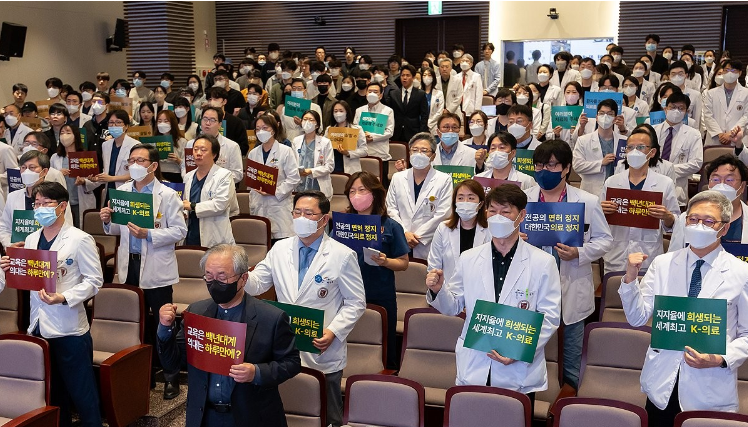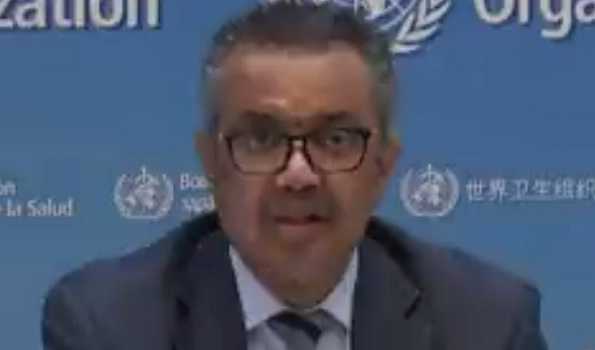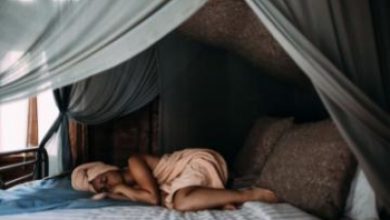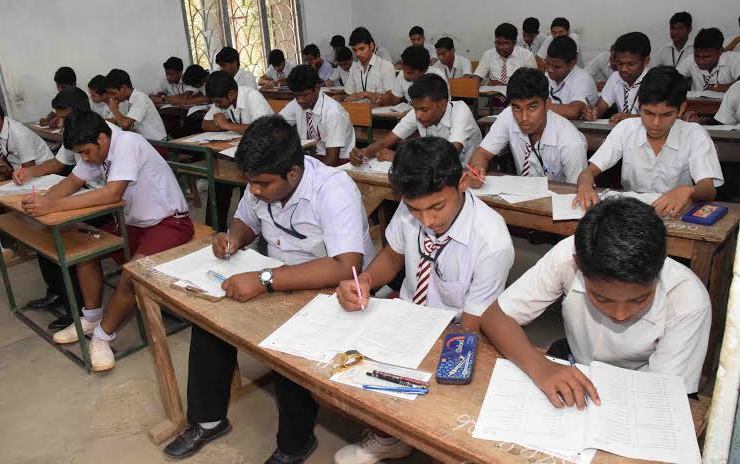S.Korean medical professors consider taking off every week amid doctors’ protest

Seoul, April 23 : Medical school professors in South Korea are reviewing taking a day off every week as they have been thinly stretched amid the prolonged walkout by trainee doctors, officials said on Tuesday, deepening concerns over further disruptions in the country’s health care system.
The emergency committee for national medical professors will hold a general meeting later in the day and discuss the potential suspension of all surgeries and treatment for outpatients once a week, according to its officials, Yonhap news agency reported.
Details, including when to begin the move, are expected to be decided in accordance with the situations of each hospital, though they are likely to continue operations of their emergency rooms and intensive care units, they added.
The professors, who serve as senior doctors at major hospitals, have been struggling to fill the void of junior doctors, as more than 90 per cent of the country’s 13,000 trainee doctors have walked away from their duties at general hospitals since February 20, in protest of the government’s decision to increase the number of medical school seats by 2,000 starting next year.
The current quota was set at 3,058, and the government and doctors have yet to find a breakthrough.
“Remaining professors have experienced heavy workloads and have felt fatigued. So we are reviewing such an option,” a committee official said.
The move is also seen as a way of adding pressure by the medical community on the government to seek a breakthrough as the plan on the medical school admission quota for next year is supposed to be finalised by the end of April, the report said.
Some hospitals, including the Chungnam National University Hospital in the central city of Daejeon, have already decided not to provide service for outpatients on Fridays, starting this week, and many other hospitals are feared to follow suit.
Medical school professors at Seoul National University (SNU) will review the option during a meeting slated for Tuesday.
Adding to the woes is that medical professors began submitting their resignations on March 25, and the resignations could take legal effect after the passing of one month even without approval from their employers.
The Education Ministry has said that “not many” professors have tendered resignations, and no resignations have been accepted so far.
The government has proposed dialogue by setting up a special presidential commission on medical reform while allowing universities to decide their quotas by a range of 50 to 100 per cent of what the government assigned for next year.
But doctors have rejected the proposals, calling for the government to revisit the issue from scratch.






